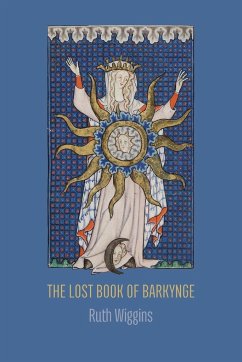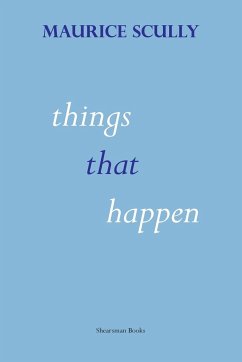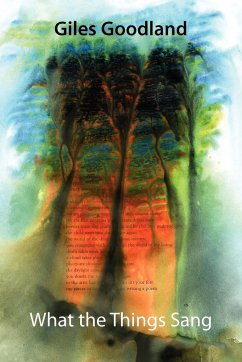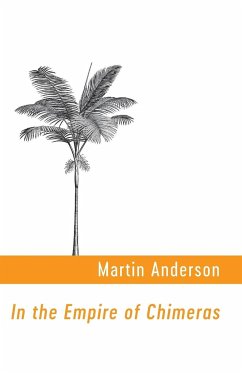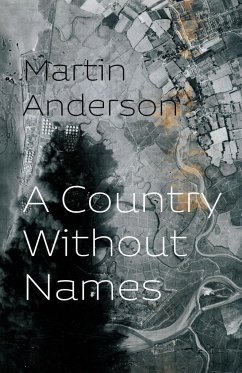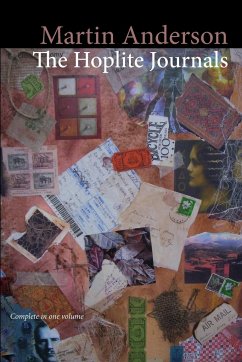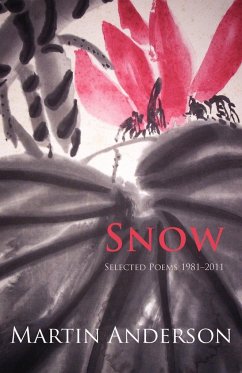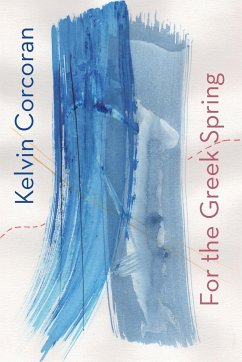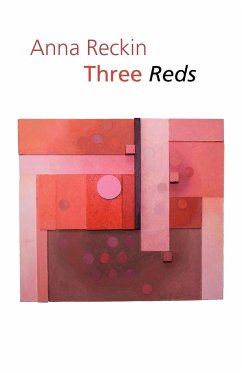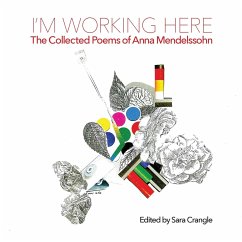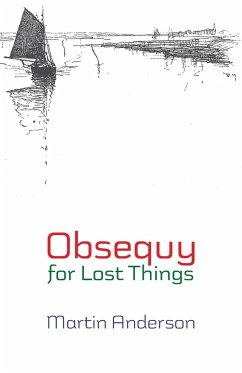
Obsequy for Lost Things
Versandkostenfrei!
Versandfertig in 1-2 Wochen
15,99 €
inkl. MwSt.

PAYBACK Punkte
8 °P sammeln!
Obsequy For Lost Things consists of three prose-poetry sequences. The first two share the setting of the Thames estuary. They all share, however, like the author's previous collection of prose-poetry sequences (from Skylight Press) Interlocutors of Paradise, and his The Hoplite Journals, a concern with history and the psychology of colonialism. As such they also confront, in "the defeat of colonialism", what Martin Jacques called "the most important event of the 20thC". An event, involving the attempt to brutally resist it, which coming-of-age British poets in the 1960s didn't confront, and wh...
Obsequy For Lost Things consists of three prose-poetry sequences. The first two share the setting of the Thames estuary. They all share, however, like the author's previous collection of prose-poetry sequences (from Skylight Press) Interlocutors of Paradise, and his The Hoplite Journals, a concern with history and the psychology of colonialism. As such they also confront, in "the defeat of colonialism", what Martin Jacques called "the most important event of the 20thC". An event, involving the attempt to brutally resist it, which coming-of-age British poets in the 1960s didn't confront, and which A. Alvarez in his essay in his influential anthology The New Poetry (1962) didn't deem worthy of inclusion alongside other manifestations of "Evil": nuclear war and the Nazi holocaust. If British poets today, however, are to acquire what he termed "a new seriousness, a willingness to face the full range of [their] experience with [their] full intelligence" then they need to avoid what Alvarez called "easy exits" and to redress such an omission.





